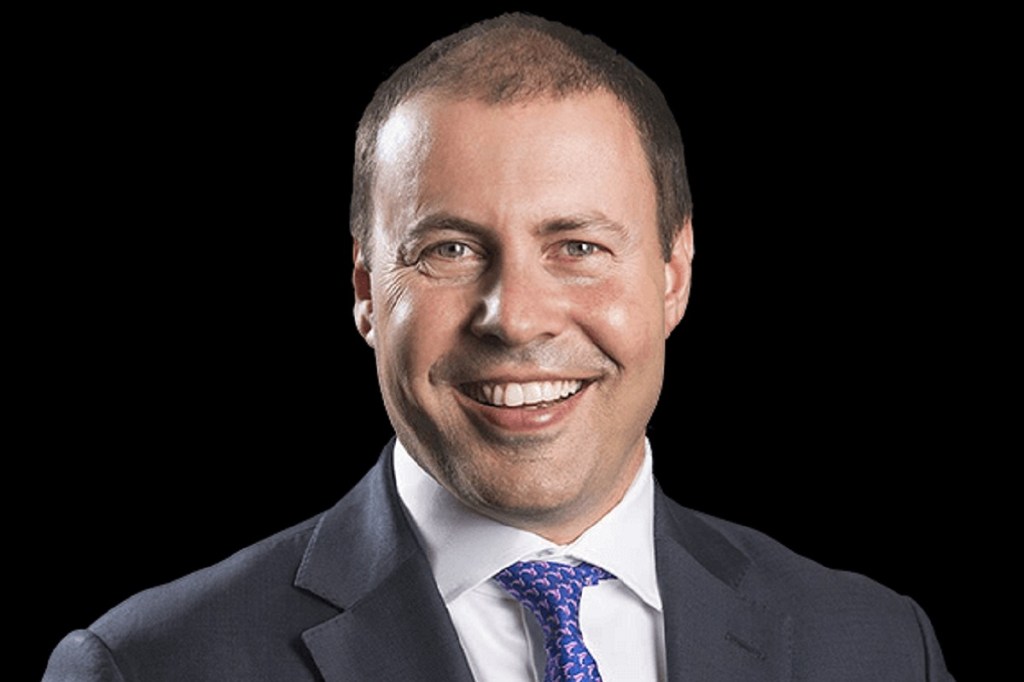Industry associations have strongly welcomed Treasurer Josh Frydenberg’s call to the Reserve Bank of Australia (RBA) to mandate Least Cost Routing (LCR) for cashless payments, saying it is imperative the RBA acts quickly to implement the initiative.
Frydenberg has said that the Morrison Government is committed to lowering costs for small business through the implementation of default LCR in the debit card market.
He has penned a letter to the RBA to mandate LCR for tap-and-go debit transactions, so business merchants can avoid typically higher fees charged by international schemes and default to the usually cheaper domestic eftpos system.
AACS CEO Theo Foukkare said without LCR, small businesses were being set up to fail at a time when pandemic related impacts continued to amplify challenges to operations.
“Australia’s preferred method of payment has been trending away from cash for years, until the pandemic sped up the process and made cash payments all but outlawed,” Foukkare said.
“At the same time, the cost incurred by businesses for processing debit card transactions has continued to rise, in some industries doubling over the past five years.
“While cashless payments aren’t a problem alone, the antiquated system which sees small business left with no option when it comes to choosing a more cost-effective processing option – even when they exist – certainly is.
“Unlike big retailers, our members are predominantly mum and dad style businesses, and the difference between mandated LCR and the current system over one year can also be the difference between a profit or a loss.
“For example, an independent service station or convenience store with an average basket of $44 could save as much as $14,495 per annum on the costs associated with merchant fess on debit transactions under a mandated LCR.
“After a period when many SMEs have suffered greatly, it is imperative the RBA heeds the Treasurer’s calls and mandates LCR without any delay to give small businesses a choice and level the playing field.”
Peak industry group, the National Retail Association (NRA) has also backed the Treasurer’s calls, with CEO Dominique Lamb, saying that reforming the debit payments system would be crucial to helping retailers navigate the current COVID-climate.
“The NRA has been a strong and consistent advocate on the need to reform debit transaction costs and we commend the Treasurer for his leadership on this issue. The RBA can no longer ignore the myriad voices from industry and government demanding changes that update the payments system for the modern digital world,” she said.
“Mandating least cost routing would provide enormous relief for small retailers at a time when many continue to battle lockdowns and other restrictions.
“COVID has further accelerated the trend away from cash to digital payments. The current payments system has failed to keep pace with changes in consumer behaviour, with the overwhelming majority now either using tap-and-go or mobile methods for transactions.
“With COVID continuing to wreak havoc and cash becoming even less frequent, providing cheaper options for digital transactions is not something that retailers can afford to wait years to occur.
“Retailers across the country strongly urge the RBA to take on board the unequivocal stance made by the Treasurer and enact the necessary reforms to the debit payments system.”
The sentiment is echoed by the Australasian Convenience and Petroleum Marketers Association (ACAPMA).
Mark McKenzie, CEO, ACAPMA, said that the issue of LCR has been a longstanding concern of ACAPMA, owing to the fact that debit costs paid by fuel merchants for the processing of debit card transactions has more than doubled over five years.
“Service station owners, nearly two-thirds of which are small to medium businesses, are now paying an estimated $116m in card transaction fees – double what it was in 2016 – just to process the card payments of fuel customers via their payment terminal,” he said.
“At around 17 cents for a typical fuel transaction processed via the eftpos gateway versus around 32 cents via the international card gateways, the difference might at first appear trivial.
“But when you are doing hundreds of millions of fuel transactions that cost amounts to businesses paying an estimated $68m per year more than they otherwise might. This equates to around $12,500 per service station per year, or just on 14 per cent of the pre-tax profit of a typical family owned small to medium fuel retail business.
“The Treasurer’s intervention addresses both aspects and comes at a time when the RBA was signaling an unwillingness to tackle this issue head on by mandating LCR and requiring maintenance of dual network debit cards issued by Australian Banks, despite acknowledging that the issue was causing pain for all Australian SMEs irrespective of the industry in which they were operating.
“Most importantly, the Treasurer’s action in writing to the RBA on this matter clearly demonstrates that he is prepared to fight to address a longstanding small business vulnerability on merchant fees when the RBA was not – and that is a great thing.”

